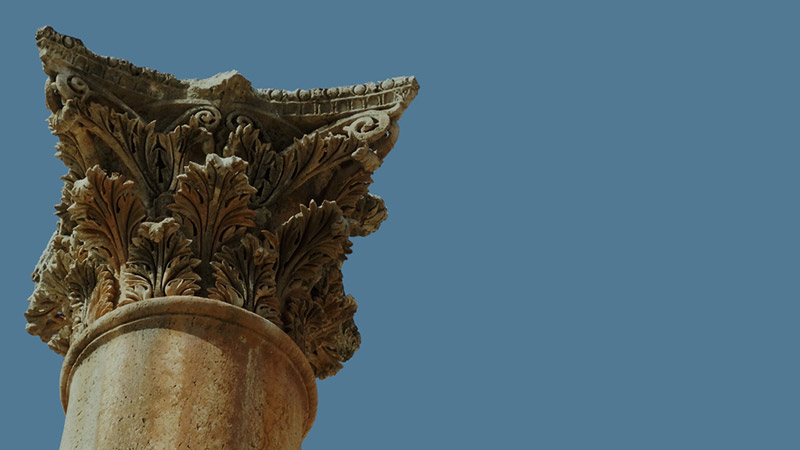Select Marker to See Location Name
You Searched "sea of galilee"
-
Volume 14
Volume 14 | The Mission of Jesus
-
Volume 8
Lesson 8.1 | How Big is Our God?
-
Volume 11
Lesson 11.1 | The Way of the Essenes
-
Volume 12
Lesson 12.1 | Join the Journey
- LOAD MORE
- SHOW ALL












































